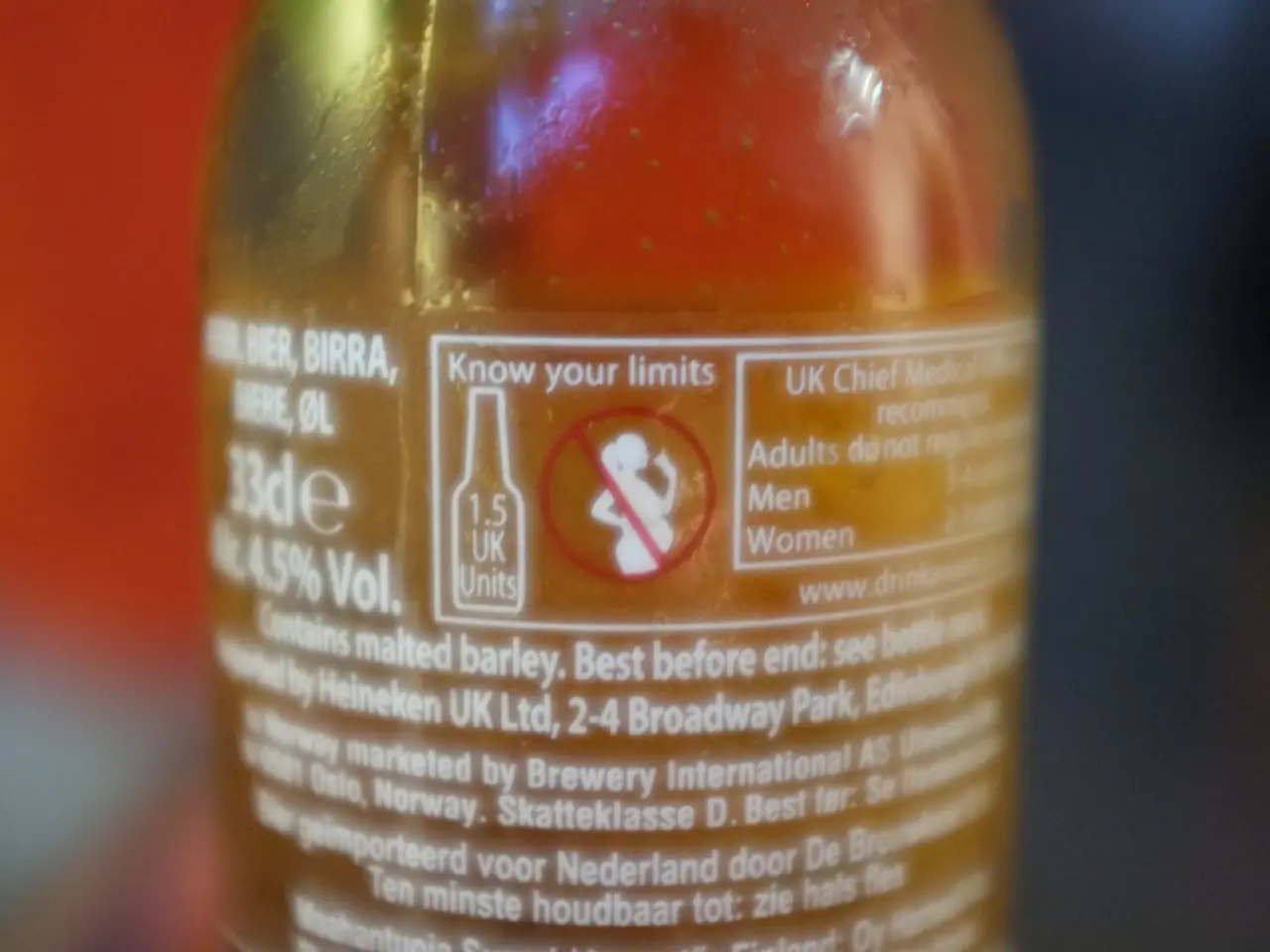Unveiling the Essence of Ultraviolet Radiation
A crucial aspect of maintaining healthy skin is shielding it from the harmful effects of the sun. Not only does sun protection help prevent sunburn, but it also improves the overall health of your skin.
The Importance of Sunscreen
Sunscreen works as a barrier against ultraviolet (UV) rays, the radiation emitted by the sun that can have both short- and long-term effects on the skin. There are two main types of UV rays: UVA and UVB. UVA rays penetrate the skin more deeply and are primarily responsible for premature aging and wrinkles, as well as contributing to skin cancer. On the other hand, UVB rays are responsible for causing sunburn and play a significant role in developing skin cancer.
To effectively protect your skin from both UVA and UVB rays, it is recommended to use a broad-spectrum sunscreen with an SPF (Sun Protection Factor) of 30 or higher. SPF is a measure of how well a sunscreen can protect the skin from UVB rays, with SPF 30 blocking about 97% of UVB rays.
Choosing the Right Sunscreen
When selecting the right sunscreen for your needs, consider your skin type and lifestyle.
Skin Type
For sensitive or acne-prone skin, mineral sunscreens containing zinc oxide or titanium dioxide, such as EltaMD UV Clear SPF 46 with micronized zinc oxide, are gentle and effective. For oily skin, look for non-comedogenic, lightweight, or gel-based sunscreens to avoid clogging pores. Dry skin may benefit from sunscreens with added moisturizers or vitamin E.
Lifestyle and Activities
If you sweat heavily or swim, choose a water-resistant sunscreen and reapply at least every two hours or immediately after swimming or sweating. For outdoor activities like running or hiking, a sweat-resistant stick sunscreen allows easy and precise reapplication without mess.
Additional Tips
- Apply sunscreen liberally 15 minutes before sun exposure.
- Reapply every 2 hours, especially if outdoors for extended periods.
- Combine sunscreen use with other protective measures such as limiting sun exposure during peak hours (10 a.m. to 2 p.m.), wearing protective clothing, hats, and sunglasses.
In summary, aim for broad-spectrum SPF 30+ for most skin types, adjust for sensitivity and activity level, and maintain regular reapplication for optimal protection against UVA and UVB rays. Regular use of sunscreen and protective clothing can lower the chances of developing melanoma and other skin cancers.
Choosing a skincare routine that includes health-and-wellness products like broad-spectrum sunscreen is essential for protecting the skin from the harmful effects of the sun. Incorporating sunscreen into your skin-care regimen can aid in preventing sunburn, premature aging, and contributing to skin cancer.




